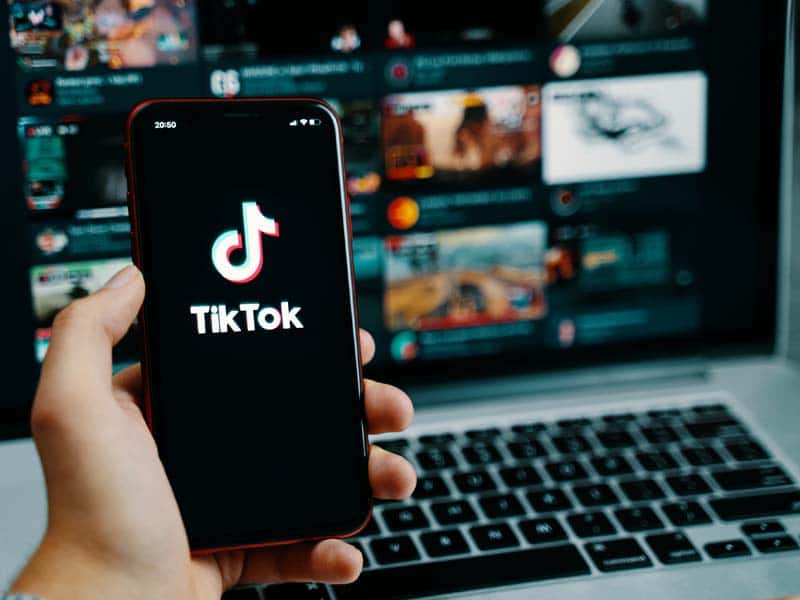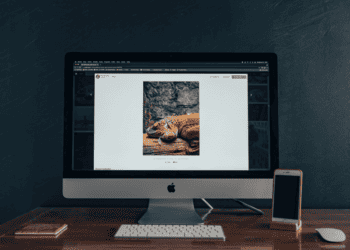The fact that businesses need data more than anything else in today’s digital world makes it one of the most sought-after entities. This also makes it harder for the custodians of these data to allow access to them.
Brands require these data to thrive, but the websites containing the data are putting up more sophisticated measures to prevent data access and extraction. These measures, which constitute the different web scraping challenges, have become very common incidents that proper proxies can only mitigate.
What Is A Proxy?
A proxy can be defined as an intermediary device that connects users safely and securely to the internet. Often called a proxy server, it can stand in as a middleman to accept requests from an internet user, forward the request, and return safe results.
The most obvious thing about proxies is that they usually come with their internet protocol (IP) address, proxy pool, and location. And as a go-between standing anywhere between an internet user and the target website, proxies can, therefore, use any of the above information instead of the client’s.
This, too, has obvious benefits. First, it ensures that the client’s details are concealed from public eyes, protecting them and their online activities from the public. This is especially important in protecting a brand from attacks or safeguarding sensitive operations.
Secondly, proxies, by changing and switching IP and proxy intermittently, prevent the client from ever get blocked or banned as it is common with most websites when they observe the same IP repeatedly interacting with their contents.
And lastly, by changing location and the other information, the proxy provides the best option for bypassing geo-blocking and other kinds of website restrictions. These restrictions, especially geo-restriction, are put in place to prevent people from certain geolocation from accessing certain websites and proxies, whenever they change locations, make the client appear from a different geographical location. For instance, a brand located in a place restricted from accessing the content in Brazil can bypass that restriction by using a Brazil proxy.
How Does A Proxy Work?
Private proxies such as forward proxies perform the above functions through the following ways:
- Computers and devices on the internet can connect using their unique IP address.
- But this address exposes all other information and can easily get blocked when used repeatedly.
- Proxies also have their IP and other details, which they use whenever a client makes a request.
- But because proxies are equipped with multiple IPs, proxies, and locations, they always use a different one during each new connection to avoid blocking.
- Once the connection reaches the target website and results are being returned, they are again routed via the proxy.
- The proxy checks the result properly to ensure they do not contain harmful extras before finally delivering them to the end-user.
- Such firewall filters also add an extra layer of protection to the user and their data.
Why Various Companies Use Proxies
As the world continuously turns into a global village and the market gets highly competitive, there are several reasons why companies must use proxies, with the most common ones being:
- For Anonymous Operations
Most of what digital brands do today involves one form of data gathering or the other. On a larger scale, this data gathering can be correctly termed web scraping. But in whichever form the brand is running them, these operations have to be done anonymously mostly because it would be unwise to allow the competition or the general public to know, factually, what operations you are carrying out to improve your business.
Using proxies has helped many businesses perform important and highly sensitive activities anonymously.
- For Stronger Brand and Corporate Security
Being online has its major risk of being targeted by annoying ads to having your data stolen and your business attacked. Some of these risks may cost money and energy to repair, while others can crush a brand completely.
Using proxies is a very effective way to mitigate these risks. For instance, when a company uses a proxy, it invariably masks its IP, thereby hiding it from the eyes of the attacker and preventing a data breach. Also, proxies encrypt data and make them unreadable for an outsider, making it impossible for people to steal your information.
- For Accessing Geo-Blocked Contents
Brands may find it difficult to collect important user data if they stay in a place that has been restricted from interacting with some websites. Also, brands can find it hard to get content from some parts of the world that blocks outsiders from gaining access to their websites.
In situations like these, the affected brands can use a proper proxy to gain unlimited access to the contents they need. For instance, in trying to access Brazilian content, a brand staying outside Brazil needs a Brazil proxy.
Main Challenges of Data Gathering
From the above reasons, we can see that the need to stay anonymous, the risk of getting attacked on the internet, and different kinds of restrictions can all become some of the biggest challenges that hinder data gathering.
However, we can also see how using a proxy can efficiently help brands mitigate and overcome these challenges. It is also good to note that these are not the only challenges that proxies help overcome. There are also issues such as routine website changes and the sheer monotonicity of data gathering.
Conclusion
Businesses require data to both survive and function properly in today’s digital space as it has become the lubricating oil that reduces friction and allows for smooth flowing of decisions.
And while the process of gathering this data can become clouded with some common challenges, proxies are enough to help brands overcome these challenges.






